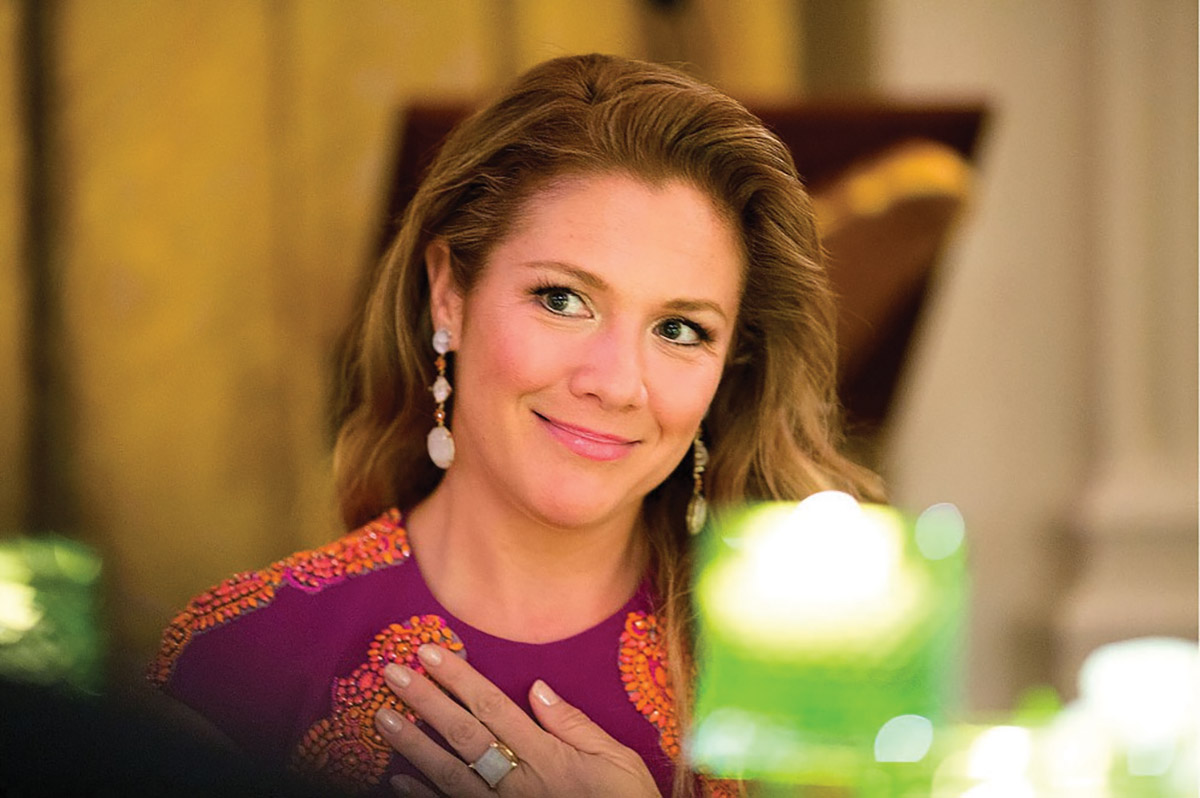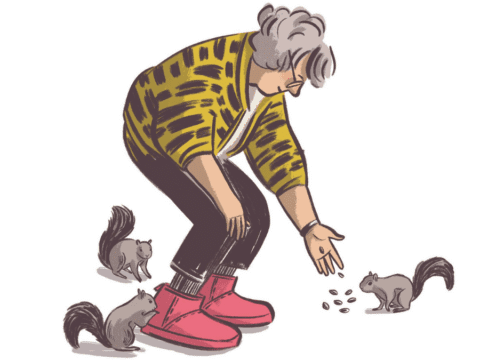At first glance, Bernie Sanders and Sophie Grégoire Trudeau have little in common other than being in the public eye. He’s a 75-year-old seasoned politician who rarely cracks a smile. She’s a 41-year-old former TV host who’s perpetually cheerful. Both, however, describe themselves as more spiritual than religious, a risky admission for political players.
Although 25 percent of North Americans are religiously unaffiliated, rarely are their beliefs — or non-beliefs — reflected in the political realm. Sanders and Grégoire Trudeau are exceptions. This bodes well for greater acceptance of people who identify as spiritual but not religious, says Siobhan Chandler, an adjunct professor at the University of Victoria who studies the SBNR. “The more high-profile individuals who go on the record as SBNR, the more seriously people will take the movement.”
You may unsubscribe from any of our newsletters at any time.
Throughout his run for the Democratic presidential nomination, Sanders studiously avoided mentioning religion, though he believes in the golden rule and culturally identifies as Jewish. When pressed, he told the Washington Post, “I am not actively involved with organized religion.”
In a profile in the Globe and Mail, in which she is described as a “secular saint,” Grégoire Trudeau said, “I am a spiritual person. I am not a religious person.” Chandler credits Grégoire Trudeau with making the SBNR more comfortable with their status, although she expects the prime minister’s spouse will steer clear of anything too esoteric.
Dawn Bramadat, a friend of Grégoire Trudeau’s who offers spiritual retreats at her Heartroot farm near Lac-Mégantic, Que., observes that many SBNRs face judgment, especially if they are public figures. “Sophie is extremely courageous in working to break this barrier,” she says.
Bramadat has experienced some of that judgment herself. Interviewed for the Globe profile, she was described as living in a “spooky” cottage, having a “witchy presence” and going off on “some pretty woo-woo tangents.” There was even a jokey reference to her “boiling cats’ tails and eyes of newts” with the prime minister’s wife.
Grégoire Trudeau is unlikely to be the only SBNR person on Parliament Hill: half of Justin Trudeau’s 31 cabinet members did not swear in with a religious oath.
It’s a different story in the United States, where the evangelical right has had strong political influence ever since the Moral Majority helped Ronald Reagan win the 1980 presidential election. Very few members of Congress have admitted to being religiously unaffiliated. Arizona’s Kyrsten Sinema has been described as “America’s most colorful congresswoman” for being openly bisexual and having no religion. California’s Barney Frank didn’t confess to being an atheist until he retired — more than 25 years after coming out as the first openly gay congressman.
Sanders’ rebellious religious stance isn’t unprecedented in American history. Thomas Jefferson rejected the divinity of Christ, Abraham Lincoln never joined a church and Andrew Johnson was considered the least religious of all presidents.
Some argue that America’s newest president is neither religious nor spiritual. When Donald Trump said he regularly attended a Protestant church in Manhattan, that church released a statement saying he was not an active member. He has claimed, with typical braggadocio, “Nobody reads the Bible more than me.” He’s also been mocked for referring to “two Corinthians” instead of “Second Corinthians.”
Asked about his favourite Bible verse, he cited the Old Testament’s “eye for an eye” law, which Jesus repudiated. Nobody was surprised it wasn’t the one about a camel, a needle and a rich man.
This story originally appeared in the March 2017 issue of The Observer with the title “Spiritual but Secular.”














